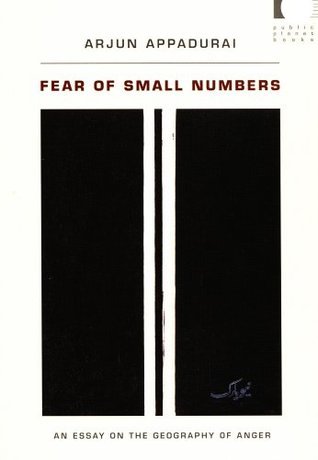What do you think?
Rate this book


176 pages, Kindle Edition
First published January 1, 2006
But what is the special status of such scapegoats in the era of globalization? After all, strangers, sick people, nomads, religious dissidents, and similar minor social groups have always been targets of prejudice and xenophobia. Here I suggest a single and simple hypothesis. Given the systemic compromise of national economic sovereignty that is built into the logic of globalization, and given the increasing strain this puts on states to behave as trustees of the interests of a territorially defined and confined "people," minorities are the major site for displacing the anxieties of many states about their own minority or marginality (real or imagined) in a world of a few megastates, of unruly economic flows and compromised sovereignties. Minorities, in a word, are metaphors and reminders of the betrayal of the classical national project. And it is this betrayal--actually rooted in the failure of the nation-state to preserve its promise to be the guarantor of national sovereignty--that underwrites the worldwide impulse to extrude or to eliminate minorities.